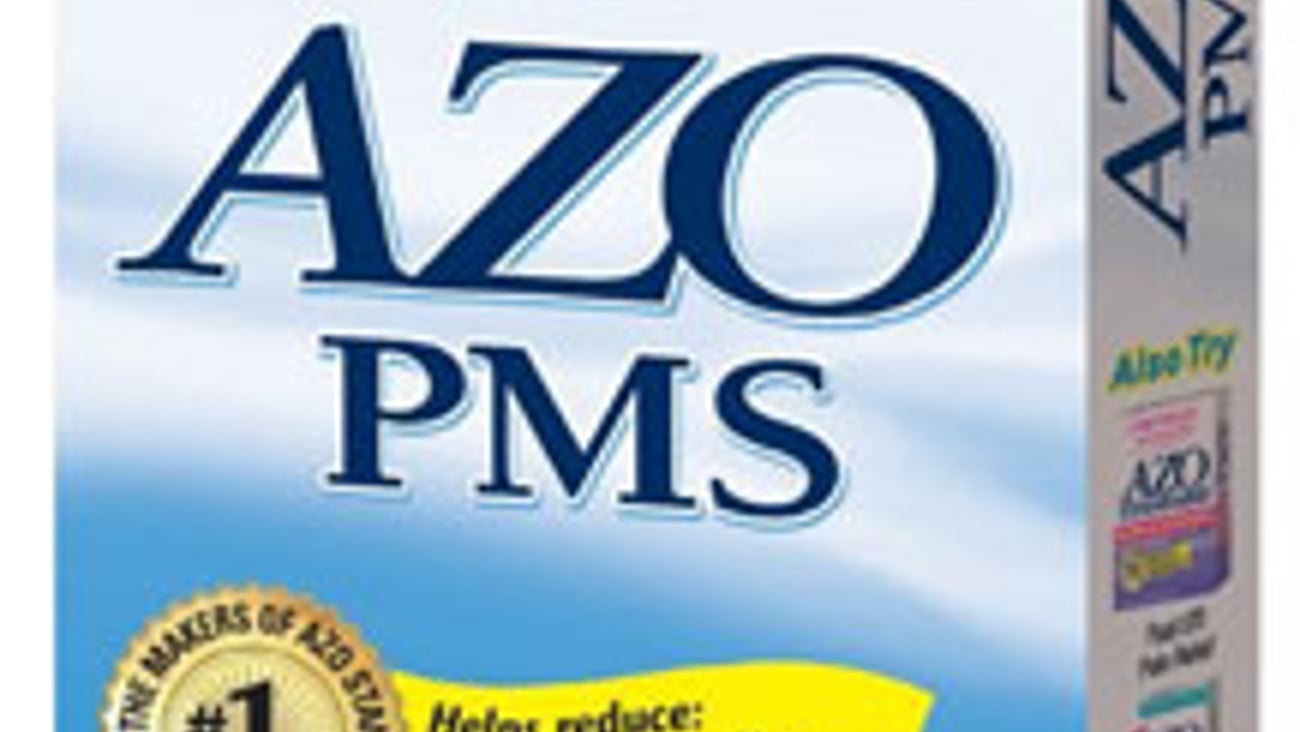-
CRN, Virgo renew webinar partnership
WASHINGTON — The Council for Responsible Nutrition and Virgo on Wednesday announced a continuation of their education webinar partnership, offering a minimum of two new webinars in 2011.
The first webinar will take place Sept. 14, with the topic to be announced in June. The second webinar will take place Nov. 8.
Additionally, a provisional date has been reserved for a potential third webinar Dec. 14, CRN stated.
This marks the fifth year that CRN and Virgo have partnered to produce webinars on topics of interest to the dietary supplement industry.
-
New Azo product provides PMS relief
CROMWELL, Conn. — Amerifit Brands on Wednesday launched its Azo PMS product, which has been formulated to help reduce moodiness, irritability and bloating with a variety of ingredients, including high-potency B vitamins, calcium, magnesium, folic acid and two natural herbal blends, the company stated.

